A point of view by Karl Bernd Esser.
The drone and cruise missiles attack in Saudi Arabia has temporarily stopped the world’s largest IPO of Saudi oil giant ARAMCO (the world’s largest oil production company). This allows investors and exchange gurus to take a closer look at the situation on the ground. Saudi ARAMCO Managing Director Amin Nasser announced that oil production, which slumped after the attacks, would return to its previous level at the end of the month. The Energy Minister, Prince Abdelaziz bin Salman, said half of the collapsed oil production had already been restored. ARAMCO is currently making a profit of 500 million dollars a day. Oil and gas, as is true for other fossil resources, are not unlimited.
And if the exact data about the (sometime) forthcoming Saudi Arabian Peak Oil (i.e. the point in time from which the oil production can only go downward) is understandably one of the hottest secrets of ARAMCO common sense would lead even a layman to conclude that a foresighted government would do well to provide for the forthcoming phase-out of its own oil and gas production in time. The Saudi oil ministry is also hiding the fact that its nationwide oil and gas production has passed its zenith from the world and is trying to place its oil company ARAMCO on the stock exchange as soon as possible. The depleted Saudi coffers and ARAMCO are delighted by new oil wells. But the dilemma is that these wells are 1.800meters below Yemen and not in their own kingdom.
The Iranian attack on the oil plants in Khurais and Abqaiq came at an critical time. It made it clear to future investors that Saudi Arabia cannot protect its most important oil fields from simple air attacks. Saudi air defence systems date back to the Gulf War of 1991, and neither in the air nor on the ground can the Saudis do without support. Military experts also point out that Saudi Arabia has ground troops that are too weak to defeat the rebels in Yemen. Without American or Israeli aid, Saudi Arabia will therefore have little leverage against its arch-enemy Iran. Saudi Arabia is not militarily prepared for a new Gulf War.
The Saudi state budget now lacks the planned billions in revenues from the IPO, and the expensive air war against Yemen needs to be financed. There is no end in sight to this air war in Yemen.
Precision weapons purchased from the USA are recognizably hitting large parts of the Yemeni civilian population with talks of far-reaching war crimes of the coalition. The image of the kingdom is hitting a low point. The Saudi war goal cannot be achieved in Yemen and the planned “war yield” or spoils of war are missing: Jemen´s old and newly found oil and gas fields.
These have not yet been discussed, because the German “Relotius media” always portray Yemen as poor in order to conceal the true reasons for the Yemen war. The poor neighbour is not poor; in his soil rest greater treasures than in the soil of the three Gulf states Saudi Arabia, Kuwait and the Emirates together. This background, combined with the declining Saudi oil production, I would like to present to the reader and listener of KenFM today. It presents the war in Yemen in a completely different light:
In the magazine “Al Ahram Weekly” (issue no. 1415 of 25.10.2018) with the title Yemen’s Vast Potential it says: “It should also be known that in the area of Al-Jauf near the border to Saudi Arabia huge oil wells were discovered. It is estimated that these are larger than the fields of Saudi Arabia, Kuwait and the United Arab Emirates combined.”
Saudi Arabia would not allow Yemen to search for oil and gas near its borders. This statement would immediately explain why Saudi Arabia, with all its power, has put itself behind the obviously weak president, Abed Rabou Mansur Hadi, who lives in exile and lacks any support among his own people. The explanation: Hadi is the guarantor for the Saudi/American – the ARAMCO – access to the Yemeni oil. The whole “strength” of the position Hadi´s is based on this guarantor position. And who really wants to know which Relotius media must have played along in unison, so that this figure still passes for us as “the president of the internationally recognized government of Yemen”.
As early as April 2013, Yemeni MEP Abdul-Karim Jathban linked the security interest on the border between Saudi Arabia and Yemen with the huge natural resources of JAWF (Northern Yemeni Province directly south of Saudi Arabia). In an interview with ALALAM magazine, he noted: “The news of large oil fields in the JAWF region on the Saudi Yemeni border is probably the main reason for the transfer of Al-Saud military to the Yemeni border. Although the news has been known for some time, Saudi Arabia has now taken steps in this regard because it is concerned about political developments in Yemen that have led to the formation of a national government that would protect the country’s resources and use. They should serve the Yemeni people. This can turn Yemen into a powerful influential country, and Saudi Arabia does not want this to happen.”
SudaneseOnline published the following report on 28.06.2013: “Since the election of President Abed Rabbo Mansour Hadi as President of Yemen, Yemen has been fighting with Saudi Arabia and other countries over the country’s new oil fields. A report by the news agency Fars: Yemen (Fars) News and a commentary by Shawki Ibrahim Othman:
The peculiarities of this conflict recently emerged when foreign media and government sources announced that as the world’s largest oil well, Yemen’s underground oil reserves are located in the border province of Al-Jawf, but a small portion at a depth of 1,800 meters stretches slightly to Saudi Arabia. The oil well is 95% on Yemen’s territory and is the world’s first in terms of stockpiles. If Saudi Arabia has 34% of the world’s oil reserves, Yemen has 34% of the additional global oil reserves following the discovery of these oil wells. Yemen apparently has traitors who have persecuted the Yemeni authorities since the era of former President Ali Saleh. Government officials agreed with Yemen’s authorities not to disclose and keep secret the great secret of the existence of the world’s largest oil well on Yemen’s territory. But the US channel Sky News recently announced that the world’s largest oil well is Yemen’s new underground oil reserves. This confirms the existence of an already hidden silent war over the exploitation of new oil wells in Yemen, between Yemen and Saudi Arabia and the United States.
Informants confirm that Saudi Arabia offered Yemen $10 billion a year in exchange for a 50-year oil concession, but Yemen did not agree. US companies also offered attractive offers to build all roads, bridges, infrastructure and oil derivative factories in Yemen in exchange for oil concessions. But Yemen also rejected this. Experts and politicians predicted that Hadi´s’s recent visit to Russia could be associated with the privilege of producing oil. Political sources have confirmed that Yemen has enabled Russian oil companies to search for oil at sites in northern Yemen in the province of Yavf, near the border with Saudi Arabia.
According to many political experts, the Jeddah border agreement between Saudi Arabia and the regime of former Yemeni President Ali Abdullah Saleh, which many describe as an agreement when former President Saleh handed over one-third of the country to the Saudi side, is invalid. The strange treaty is an extension of Saudi ambitions to control Yemen’s oil wells and reminds us of Donald Trump’s ambitions to buy Greenland from Denmark.
With the emergence of the Harakat Ansar Allah (Movement of God’s Helpers), the so called ” Huthis “, which is located in most areas on the border with Saudi Arabia in the north of Yemen, this movement poses a great threat to the Saudi regime. The presence of the Huthis led the kingdom to put more pressure on the interim president, Hadi, to sign the new Jidda border agreement.
Both sides prevented explorations in the border areas, which were rejected by President Hadi in the Saudis sense. Especially after the United States worked to reduce Saudi influence in Yemen, which led to Saudi Arabia deporting hundreds of thousands of Yemeni workers from their country.
After another oil expert in Yemen recently told the local media that the Al-Jouf field could produce 5 million barrels a day but is already being sucked horizontally into Saudi territory, Saudi Arabia changed its production figure from 450,000 to 600,000 bpd (barrels a day) and placed the operation in a location near the border that is not officially related to the A-Jouf field. It is the camouflage for a small, insignificant Saudi oil field, while from there, on Yemeni territory, the oil is tapped or “stolen” diagonally from Saudi territory with the French TOTAL group. The smiling greasy oil fiddler J.R. Ewing from the Dallas television series would have his true pleasure in it.
A Yemeni economic expert announced that Saudi Arabia, in cooperation with the French energy giant TOTAL, is stealing its country’s crude oil reserves in border regions. “65% of Yemen’s crude oil production is stolen by Saudi Arabia in cooperation with Mansour Hadi, Yemen’s fugitive president, and his mercenaries,” Mohammad Abdolrahman Sharafeddin told the FNA on Tuesday. “Saudi Arabia, in cooperation with the French company TOTAL, has established an oil base in the south of Kharkhir near the Saudi border province of Najran and is producing oil from the wells in the region,” he added. Sharafeddin said Riyadh is buying weapons with the petrodollars stolen from the Yemeni people and delivering them to his mercenaries to kill the Yemenis. At the end of last year, another economist said Washington and Riyadh had bribed the former Yemeni government to refrain from oil drilling and exploration. Insiders know that Yemen has more oil reserves than the entire Persian Gulf region.
“Saudi Arabia has signed a secret agreement with the US to prevent Yemen from using its oil reserves for the next 30 years,” Hassan Ali al-Sanaeri told the FNA. “The scientific research and assessments of international drilling companies show that Yemen’s oil reserves are more than the combined reserves of all the Gulf states,” he added. Al-Sanaeri added that Yemen has abundant oil reserves in the Ma’rib, al-Jawf, Shabwah and Hadhramaut regions.
He pointed out that a number of secret documents from Wikileaks revealed that the Riyadh government had set up a committee chaired by former Saudi Defence Minister Crown Prince Sultan bin Abdel Aziz. “Former Saudi Foreign Minister Saud al-Faisal and the Kingdom’s Chief of Intelligence were also members of the Committee. Al-Sanaeri added that Saudi Arabia had asked the committee to implement the project to build a pipeline from Saudi Arabia via Hadhramaut to the Arabian Sea to bypass the Straits of Hormuz and Bab al-Mandab.
He confirmed that new oil reserves had been discovered in Yemen al-Jawf Province, which could make Yemen one of the largest oil exporters in the region and the world. Saudi Arabia has sought to expand its border barrier, which began in 2008, and contradicted the Jidda border agreement between the two countries in 2000. Saudi military forces appeared on the border and dozens of border posts were stationed along the border, supported by a series of US M-1 Abrahms tanks. Yemeni tribes, however, said they would not hesitate to defend their territory if the Yemeni authorities abandoned their duty to defend Yemen’s sovereignty. The Saudi Bin Laden Company was prevented from continuing the construction of the border wall, especially after the tribes, who were facing Saudi infiltration in hundreds of communities in Al-Jawf and Sa’ada, were threatened and forced to control some sites in Yemen and convert them to Saudi military sites.
The JAWF province is home to the most notorious tribes in Yemen. Armed and lawless, the tribes control the province, and their influence is stronger than that of the government. In June last year, a reporter was prepared to take the risk of an expedition there. Al Jazeera reporter Safa Karman set aside cultural boundaries and travelled to JAWF to do research on the ground. She reported: “Local oil companies were trying to obtain regulatory approval to explore oil and gas reserves, including Shaher Trading, a company of influential businessman Shaher Abdulhak Saleh, but without success. The Yemeni government did not want to comment openly.
The Yemeni engineer Abdullah Abdulmalek, disclosed the facts about the JAWF oil and gas reserves through scientific and geological documents. State company SAFER officials, an oil and gas company owned by the Yemeni government, said that the new discovery alone would ensure a daily production of 6 million cubic meters of gas. Karman was surrounded by ten armed tribesmen for most of her mission. After days of investigation and meetings with residents and experts, her story was broadcast on Al-Jazeera. Her message caused turmoil in Yemen and gave people hope that Yemen, like all other countries in the Gulf, had extensive oil and gas reserves.
Yemen’s oil production has collapsed since 2015, when a Saudi Arabia-backed military coalition intervened in the Yemen war to try to bring the government of President Abd-Rabbu Mansour Hadi back to power. Hadi´s Government controls southern port city of Aden and areas where Yemen’s oil and gas fields are located. The Huthi troops control the capital Sanaa and the oil terminal of Ras Issa on the west coast.
The Oil Ministry said that companies involved in production and exploration should resume production in accordance with the partnership agreements with the government, as stated in the memorandum signed by Yemen’s Minister of Oil and Minerals, Aws Abdullah al-Awd. The Yemeni Oil Ministry called on national and international oil companies to set up or relocate headquarters in Yemen’s temporary capital, Aden. In February, Al-Awd said his country wanted to increase oil production to 110,000 barrels a day. Yemen produced an average of 50,000 bpd of crude oil in 2018, compared with around 127,000 bpd in 2014.
Yemen’s population is starving, there is no medicine available, the hospitals were destroyed and the infrastructure was completely bombed. The inhuman war in Yemen costs the Saudi US coalition nothing, it is financed by the theft of Yemeni oil, which flows to Saudi Arabia via the ARAMCO pipelines.
Saudi Crown Prince Mohammed bin Salman has warned the international community in an interview against a further escalation in the conflict with Iran. “Unless the world takes strong and decisive action to deter Iran, we will see further escalations that will threaten the interests of the world,” the Crown Prince said in an interview broadcast last Sunday on CBC News. “Oil supplies will be disrupted and oil prices will rise to unimaginably high levels that we have never seen in our lives.
Sources:
- https://en.wikipedia.org/wiki/Saudi_Vision_2030
- http://yemenpost.net/Detail123456789.aspx?ID=3&SubID=6379
- https://www.sudaress.com/sudaneseonline/29393
- http://www.yemenlng.com/ws/en/go.aspx?c=proj_overview
- https://en.wikipedia.org/wiki/Yemen_Oil_and_Gas_Corporation
- https://ahtribune.com/world/north-africa-south-west-asia/war-on-yemen/1537-saudi-arabia-yemen-oil-total.html
- https://store.fitchsolutions.com/all-products/yemen-oil-gas-report
- http://griffin-security.com/
- http://www.sepocye.com/
- https://www.cia.gov/library/readingroom/docs/CIA-RDP89S01450R000500500001-7.pdf
- https://ctc.usma.edu/app/uploads/2018/09/CTC-SENTINEL-092018.pdf
+++
Thanks to the author for the right to publish the article.
+++
Picture source: alexandersr/Shutterstock
+++
KenFM strives for a broad spectrum of opinions. Opinion articles and guest contributions do not have to reflect the editorial point of view.
+++
You like our program? Information on support options can be found here: https://kenfm.de/support/kenfm-unterstuetzen/
+++
Now you can also support us with Bitcoins.

BitCoin Address: 18FpEnH1Dh83GXXGpRNqSoW5TL1z1PZgZK

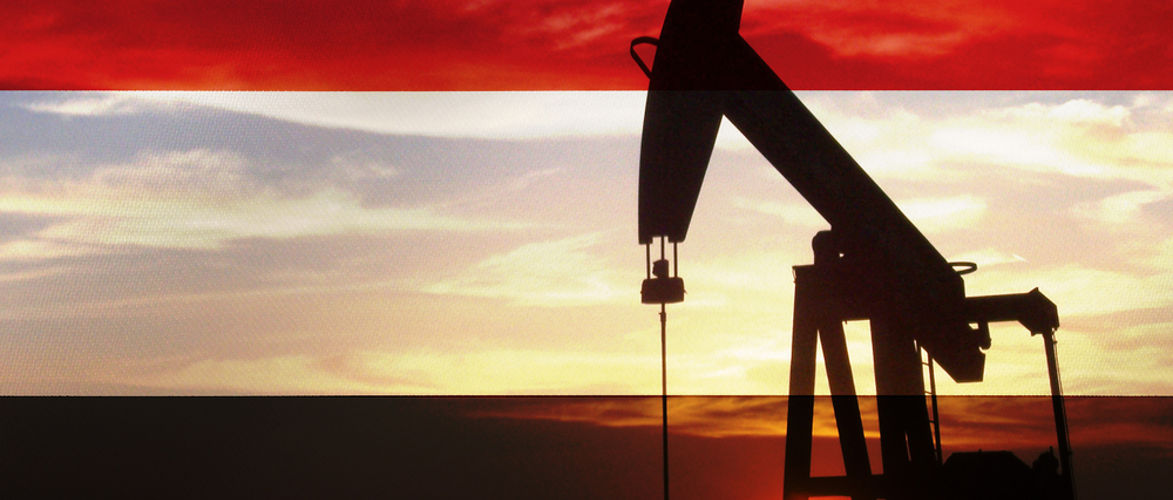

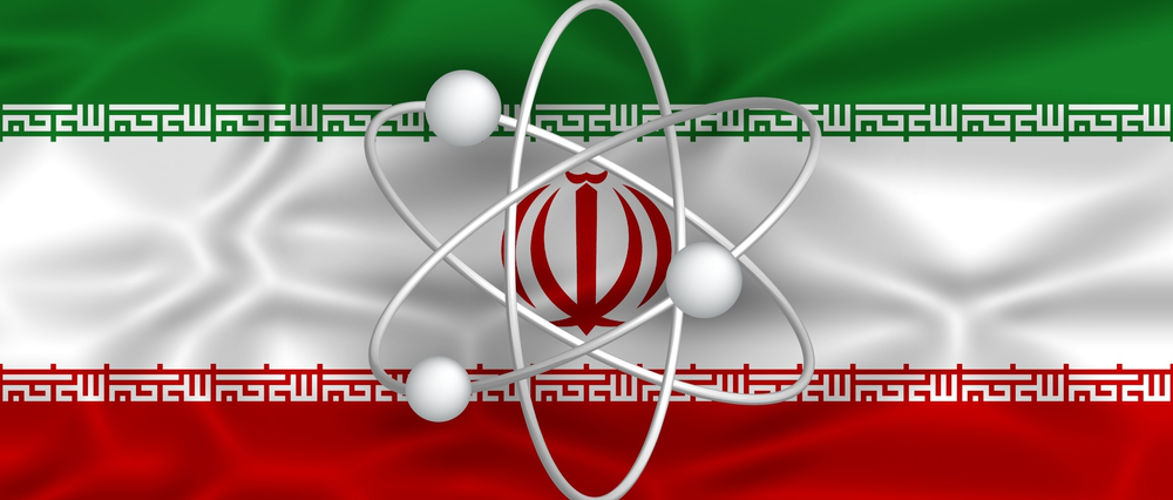
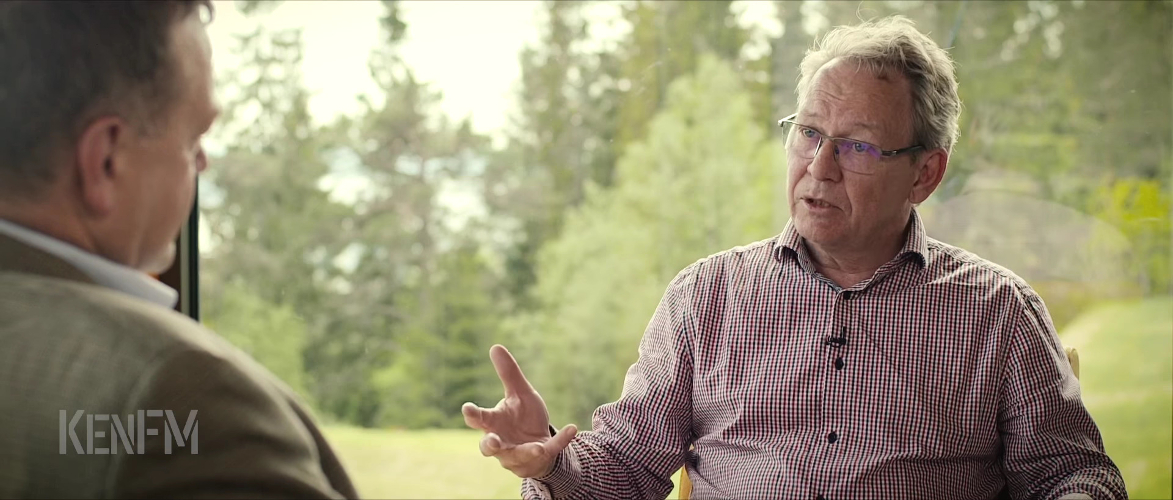

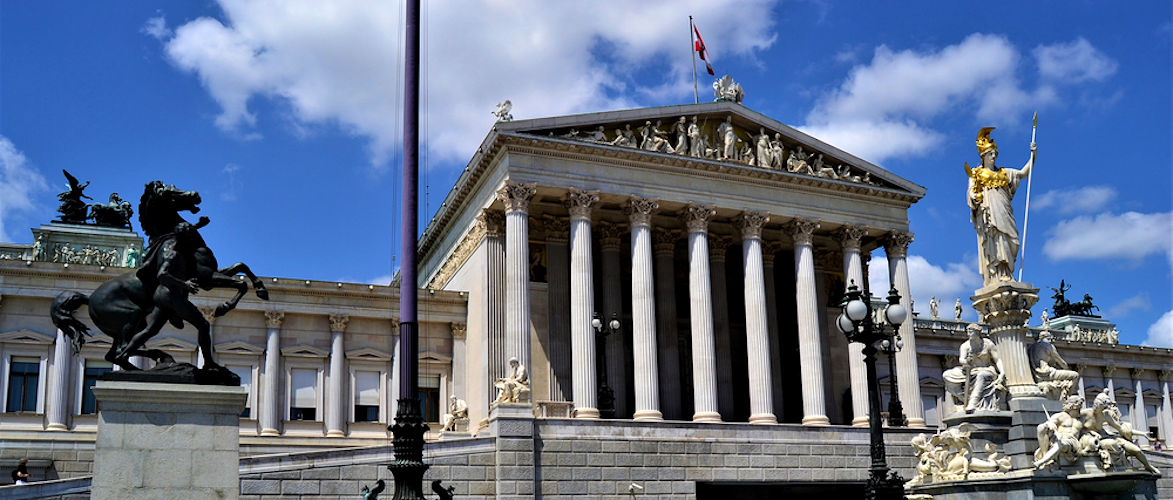

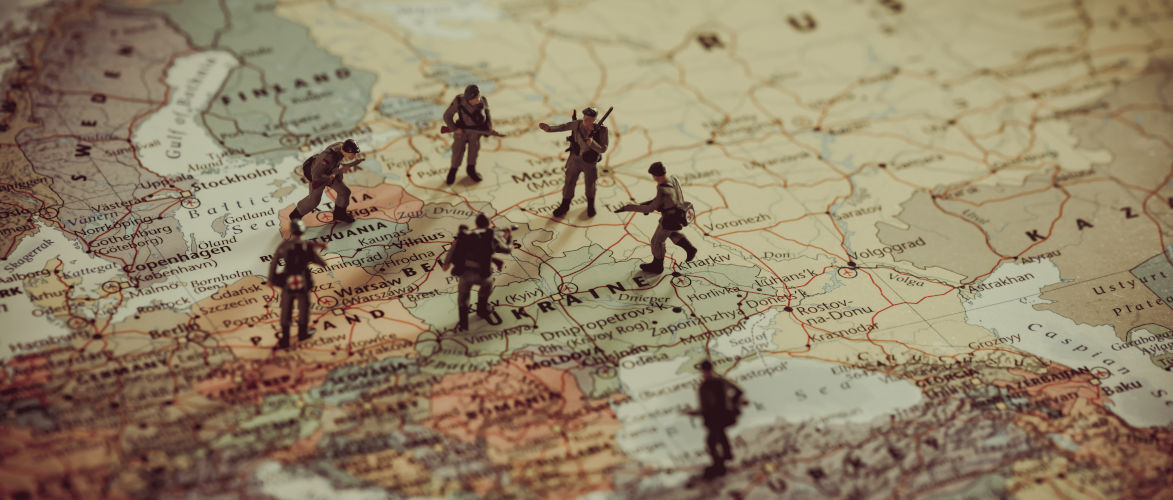

Kommentare (0)